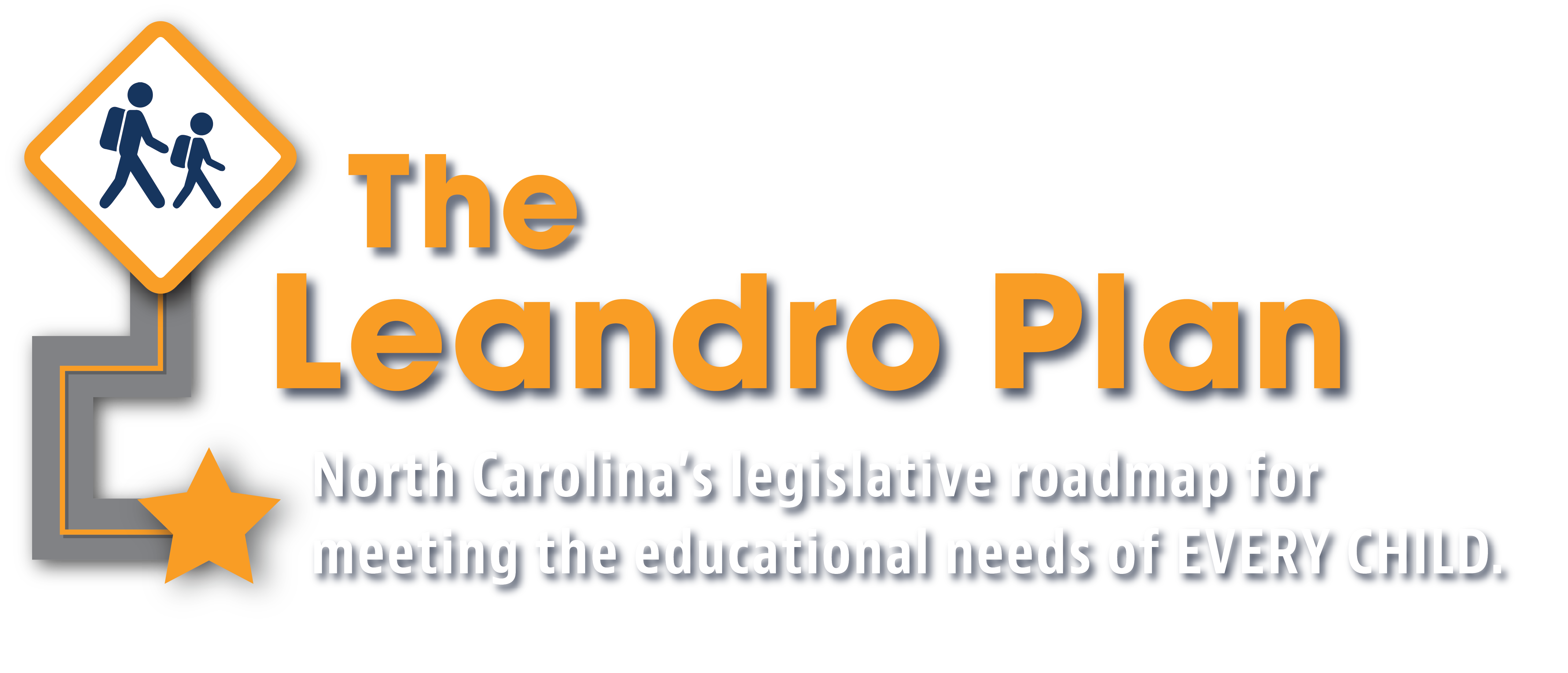How does the Leandro Plan benefit students living in rural areas?


Rural students face many educational barriers not shared by their peers in urban communities.
Due to lack of adequate funding and their smaller sizes, rural school districts are often unable to provide the same array of opportunities available to students in urban and suburban districts. Rural districts may be unable to provide students with access to advanced coursework such as Advanced Placement classes, specialized schools such as language immersion programs, dual credit opportunities, or dedicated programs for students at risk for dropping out.
Rural communities face particular challenges related to poverty and connecting students to career opportunities. More than one in five school-aged children in North Carolina are living in poverty. Unlike urban areas, North Carolina’s rural communities have lost jobs since the 2008 Great Recession. Without a thriving, diverse economic base, it is more difficult for rural schools to give their students the exposure to postsecondary career opportunities.
Rural areas often have greater difficulty recruiting and retaining teachers with some rural districts losing more than 20 percent of their teachers in a single year. Rural areas have more difficulty offering teachers competitive salary supplements, and the communities may lack the cultural resources that are particularly important in attracting early-career teachers.
Declining enrollments also create financial pressures in rural communities. Many rural districts are operating schools that are well below capacity and face difficult decisions about whether to close schools that have long served as community anchors.
Finally, rural communities tend to have lower property values than urban areas. These communities must tax their residents at much higher rates than their urban counterparts to generate local school revenue. For example, residents of Robeson County would need to be taxed at almost three times the rate of residents of Mecklenburg or Wake Counties to generate the same revenue per student.
a schedule of polices to be adopted by the North Carolina legislature that eliminate the inequities and funding deficiencies that block children from receiving the sound, basic education guaranteed by the state constitution.
Expanding funding for low wealth districts
The low wealth allotment provides supplemental funding to districts with below-average capacity to generate local tax revenue to support their schools. Under the Leandro Plan, low wealth funding will increase by almost 50 percent, putting low wealth rural districts on more even footing with wealthier districts. These funds can be used flexibly, including to improve the availability of specialized programs or to recruit and retain educators.
Additional funding increases for disadvantaged students, English learners, and students with disabilities will also benefit rural districts, many of which enroll disproportionately large shares of students who face greater educational barriers.
Supporting rural teachers
The plan will provide support for high quality teacher preparation residency programs in high-need rural districts as well as establish grant programs for recruitment bonuses and other compensation options for certified teachers who commit to teach in a low wealth or high needs district or school for multiple years.
Expanding community schools
Community schools partner with community agencies and local government to provide an integrated focus on academics, health and social services, youth and community development, and community engagement. The Leandro Plan will expand the number of community schools by funding a community school coordinator position at high-poverty schools and providing technical support to districts implementing such models.
Providing funding to increase the number of support personnel, such as school nurses, psychologists, counselors, and social workers.
Increasing the number of support personnel in schools will allow schools to better meet the social-emotional, behavioral, and physical health needs of their students. Rural communities tend to have fewer of such employees. Under the Leandro Plan, every district — including rural communities — will be staffed at industry-recommended levels.
Implementing a $2 billion bond to support school capital needs
North Carolina law places responsibility for the funding of school buildings on local governments. This system creates substantial inequities, as variations in local property wealth mean that many rural communities lack the ability to build or renovate schools. A school bond will help all districts with their capital needs, but rural districts with limited local property wealth will receive the greatest benefits.
Implementing a Pre-K to K Transitions pilot program
This program will allow families and prekindergarten teachers in low wealth rural districts to systematically share information about children’s strengths and needs with kindergarten teachers through an electronic information sharing platform in order to improve transitions from pre-kindergarten to kindergarten classrooms.
Providing state funding for North Carolina Virtual Public School (NCVPS)
Currently, districts must pay the state to have their students access online courses through the state’s NCVPS. As a result, students are sometimes denied access to courses that are unavailable in their own district. Under the Leandro Plan, all courses will be paid for by the state, eliminating barriers to access for students in rural communities.
Improving connections between schools and career services
The Leandro Plan will help rural schools improve connections to college and career by expanding the College Advising Corps program and placing Career Development Coordinators in schools across the state.

Communities for the Education of Every Child NC

Comunidades para la Educación de Cada Niño NC
We are a community-led, statewide coalition of organizations, parents, teachers, and students who advocate for every child’s constitutional right to a sound basic education.
